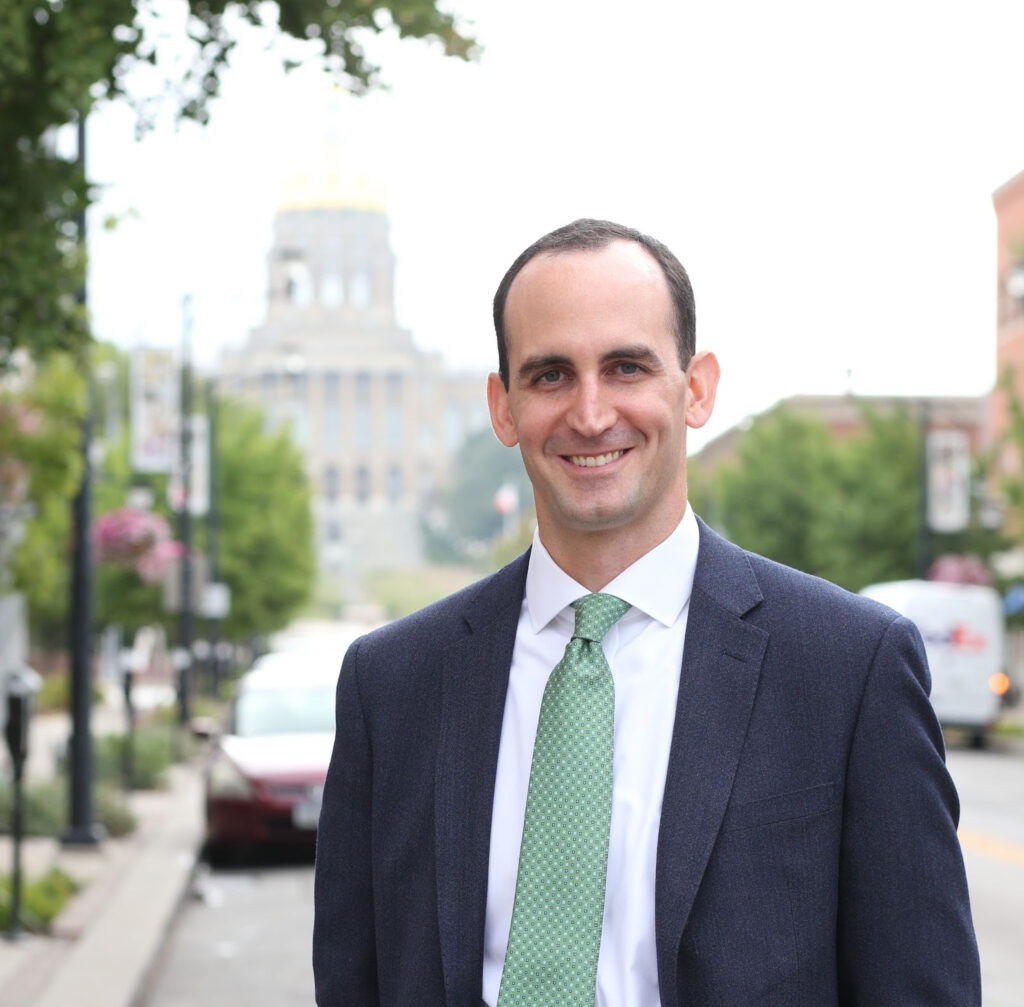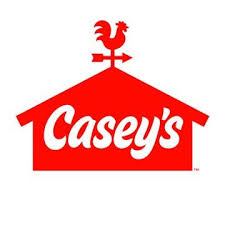Iowa Business Council’s Q3 Outlook shows manufacturing slowdown beginning to be felt
Despite declines, optimism remains high about the strength of Iowa’s economy

Michael Crumb Oct 3, 2023 | 10:49 am
3 min read time
686 wordsAll Latest News, Economic Development, Retail and BusinessThe state’s manufacturers are beginning to feel the effects of a slowdown that has been forecast by some economists, according to the Iowa Business Council’s third-quarter Economic Outlook, which was released today.
The report shows that while the organization’s members remain positive about the next six months, optimism has slipped from the prior quarter’s report. A score of 50 or higher indicates positive sentiment about the state’s economy for the next six months.
The Iowa Business Council is made up of 21 leaders from the state’s largest employers.
In the latest report, the overall index score is 59.92, down 4.25 points from the second-quarter score of 64.17. Individual components of the report also declined. Sales expectations declined 6.85 points to 61.90; employment expectations fell 5.36 points to 57.14; and capital spending expectations fell slightly, down 0.54 points to 60.71.

Joe Murphy, Iowa Business Council president, said the declines in the report’s scores are the result of the economic uncertainty that continues.
“I think people are concerned about a potential slowdown, particularly in manufacturing,” he said. “I think what’s driving that continues to be a very real sense of uncertainty about what’s going to happen, whatever that might be.”
“I think that level of uncertainty continues to drive business decisions more so now that we’re in through the summer months, that we’re heading into a cooling-off period with some manufacturing, so I think some pullback is a reflection of that,” Murphy said.
He said the fact that the capital spending index fell only slightly is a sign that Iowa’s economy will remain strong.
“While we’re seeing some pullback on manufacturing, people are still relatively optimistic about their future capital expenditures, which I think is a very important piece for a vibrant economy moving forward,” he said.
Murphy said if there had been a big drop in the capital spending score, “that would be a very big warning sign for us. The fact we’re not seeing that gives us a good sense of optimism.”
The report continued to identify hiring and attracting talent as the top concern among Business Council members, with 81% listing it as a primary challenge over the next six months. That was followed by an unfavorable business climate [52%] and the cost of products and services [43%].
According to the report, 90% of those responding said it is somewhat to very difficult to hire employees, paving the way for policy recommendations that the Business Council will make during the 2024 legislative session, Murphy said.
“This sets the table for us to begin to have more serious conversations about what those priorities will be,” he said. “Our top issue continues to be workforce, so what policies can we continue to identify within our legislative priorities that relate to that?”
He said work will also continue on social infrastructure issues, such as child care and housing. Mental health will also be a priority in the upcoming session, Murphy said.
“And tax policy continues to be an important aspect of becoming more competitive, not only for individuals but for businesses to come into Iowa, to stay in Iowa and then expand their operations in the state,” he said.
Murphy said the effects of legislation passed in 2022 to lower corporate and personal income tax rates are beginning to be felt.
“It’s having a positive effect on our workforce strategies and in our competitive business climate strategies as well,” he said. “We want to make sure that continues.”
Murphy said continued work on tax policy and social infrastructure can help address Iowa’s workforce issues.
“What can we be doing, just not from a tax-policy perspective, but what can the state do to better attract new businesses to Iowa?” he said. “That’s a talent attraction tool. That’s a population growth strategy. If we can get a big business to Iowa, they’re not only going to create a business opportunity here in the state, but they’re going to bring a lot of people into the state as well, which will put us at an advantage to make sure we’re in a position to continue to thrive.”

Michael Crumb
Michael Crumb is a senior staff writer at Business Record. He covers real estate and development and transportation.










